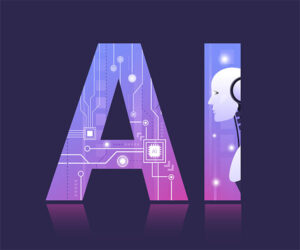Artificial Intelligence (AI) is rapidly becoming a transformative force in various sectors, and education is no exception. As a branch of computer science dedicated to creating software capable of mimicking human intelligence — including reasoning, learning, problem-solving, and creativity — AI offers significant opportunities to address some of the biggest challenges in education today. However, the rapid pace of technological development presents risks and challenges that have outpaced policy debates and regulatory frameworks.
AI has the potential to significantly enhance educational practices and accelerate progress towards Sustainable Development Goal 4 (SDG 4), which aims to ensure inclusive and equitable quality education and promote lifelong learning opportunities for all.
One of the primary ways AI is transforming education is by automating administrative tasks. This automation frees teachers to focus more on teaching and personalised interactions with students. Tasks such as grading, attendance tracking, and scheduling can be efficiently handled by AI systems, allowing educators to dedicate more time to developing and delivering engaging lessons.
Moreover, AI can support personalised learning experiences tailored to individual student needs. Adaptive learning technologies use AI algorithms to analyse student performance and provide customised feedback and resources, helping students learn at their own pace. This personalised approach can be particularly beneficial for students with diverse learning styles and abilities, ensuring that no one is left behind.
Enhancing Human-Led Teaching
AI in education is not about replacing teachers but enhancing human-led teaching. By leveraging AI tools, educators can gain insights into student learning patterns and identify areas where students may need additional support. For instance, AI-powered analytics can highlight trends and patterns in student performance, enabling teachers to intervene promptly and provide targeted assistance. This data-driven approach helps create a more responsive and effective educational environment.
Additionally, AI can facilitate innovative teaching practices. Virtual reality (VR) and augmented reality (AR) technologies, powered by AI, offer immersive learning experiences that can make complex subjects more accessible and engaging. For example, students can explore historical events, conduct virtual science experiments, or interact with 3D models, enhancing their understanding and retention of information.
Source : GULF NEWS




